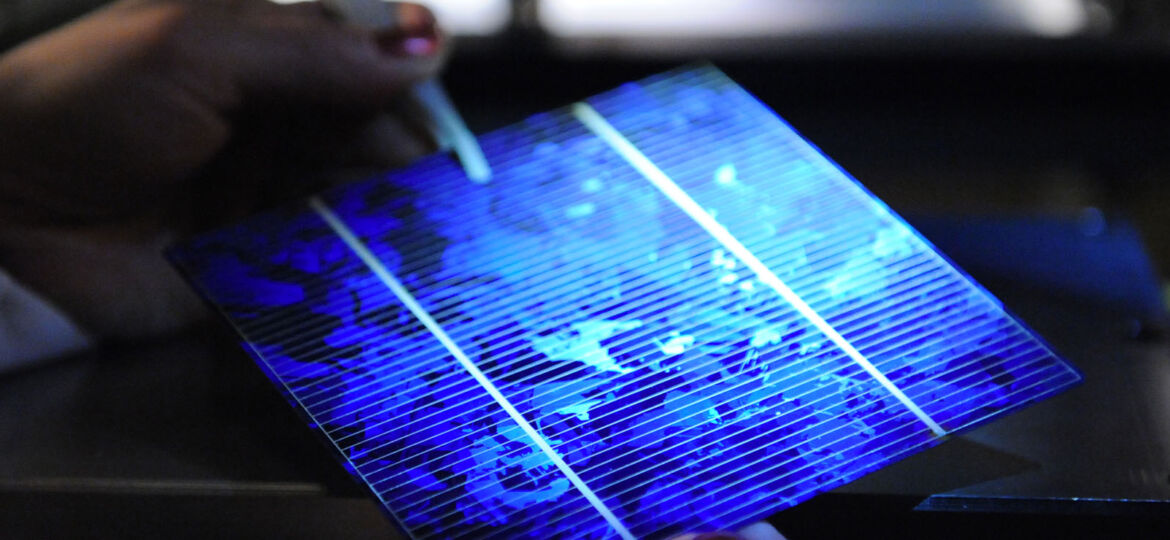
WHY THIS MATTERS IN BRIEF
Solar power is now coming of age and every innovation, and every breakthrough only helps to accelerate its adoption.
Turning sunlight, which is basically photons, into electricity, electrons, is a surprisingly tricky thing. While there have been experiments that have created solar arrays that can capture up to 40 percent of the sun’s energy and convert it into electricity, as well as solar panels that produce energy from rain, consumer solar panels are often significantly less efficient than their more specialised, and more expensive cousins.
According to experts even the best silicon based solar power technology, which is the mainstay of the consumer industry, should have a theoretical limit of 29 percent efficiency, which means that any consumer panel that can hit the low twenties is doing pretty well.
Nevertheless, we’re inching ever closer to that theoretical limit, and now, researchers at Kaneko Corporation have announced that they’ve developed a silicon solar cell with a record breaking 26.3 percent efficiency rating.
The score is only just barely higher than the previous record of 25.6, but that 0.7 percent gain was no easy feat. The researchers had to analyse the limitations of today’s solar cell designs and find new ways to overcome them. In the end the researchers decided that reducing the amount of optical loss was the best path forward so moved the lower resistance electrodes to the back of the solar cell in order to increase the amount of photons it could capture.
Ultimately, as this, and other improvements find their way into new products we’ll see the cost of solar power, which is already the cheapest form of energy in 58 countries, fall even further. All of which will help to boost adoption, and reduce our reliance on fossil fuels.

















More evidence that the price of oil will have a challenging time to climb back into the triple digits.
[…] of energy in over 58 countries – and that’s before we include new breakthroughs such as improved efficiency, or solar panels that can produce energy from rain, it seems undeniable that we are entering a new […]
This is more proof that the oil price has a tough time getting back up to the triple digits.